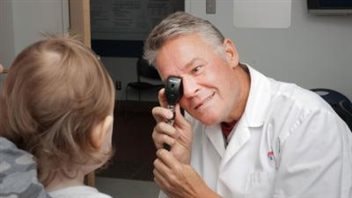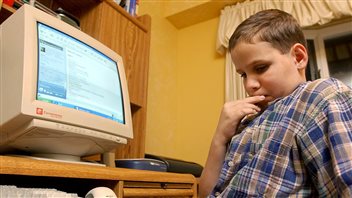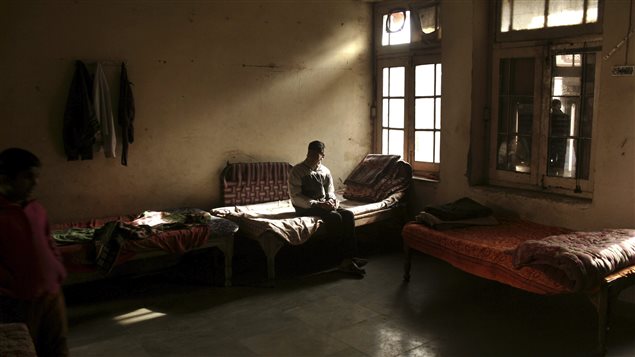Let’s be honest. A great majority of us–maybe even everyone–dream of doing great things. Some of us get there. Too many of us let it all slide, caught up in rationalization, surviving and making the rent.
Greatness is not about the glory. Did Mr. Mandela and Dr. King make their sacrifices in the name of glory? Unlikely

No. Greatness may be achieved with little or no fanfare. Think of the mother and father raising a special needs child, the teacher spending her own money for students’ school supplies and staying way after school to help a kid catch a glimpse of the light. We all examples we’ve witnessed. The ones that bring little public glory there, the times we witness somone doing the right thing.
Greatness is about perseverance and humility, not settling for that enticing ease of mediocrity.
When we meet someone great, we know it in a heartbeat!
I met one of those persons over the phone last week. His name is Robert Koenekoop. He is both a geneticist and an ophthalmologist. He works at the Montreal Children’s Hospital, part of the McGill University Health Centre.
What he has achieved over the past five years is remarkable.
Dr. Koenekoop and his medical research team set forth into the unknown. They did not turn back. They dealt with bureaucrats, they dealt with money issues, they headed down a lot of scientific blind alleys. But they kept pushing forward.

In the end, this team of Montrealers took a giant step toward healing one of humanity’s scourges: blindness.
The breakthrough is limited to people with a specific type of gene mutation, but through scientific trial and error–and against virtually all previous conventional wisdom–Dr. Koenekoop and his researchers were the first to test an oral liquid drug for childhood blindness.
After animal studies, came the work with human beings. Patients were given an oral liquid once daily for seven days. Tests showed many of them were able to see sharper and see a larger area thanks to the treatment.
Their vision was best at about two months after the treatment began. The benefits often continued for up to a year. Some patients more than doubled their field of vision.
Ten of the 14 patients in the study showed improvement.
Last weekend, the team’s work was recognized and published in The Lancet, one of the most prestigious medical journals in the world.
“I think this study gives great hope to all blind patients,” Dr. Koenekoop said in a published interview. “It’s just not the drug for everybody, but it is sending a message to all blind patients from all different causes that stuff is happening and things are coming.”
Results now must be replicated in different studies before it can be submitted to the Canadian and U.S. governments for approval and then go on the market.
I spoke by phone with Dr. Koenekoop at the Montreal Children’s Hospital.
Listen






For reasons beyond our control, and for an undetermined period of time, our comment section is now closed. However, our social networks remain open to your contributions.